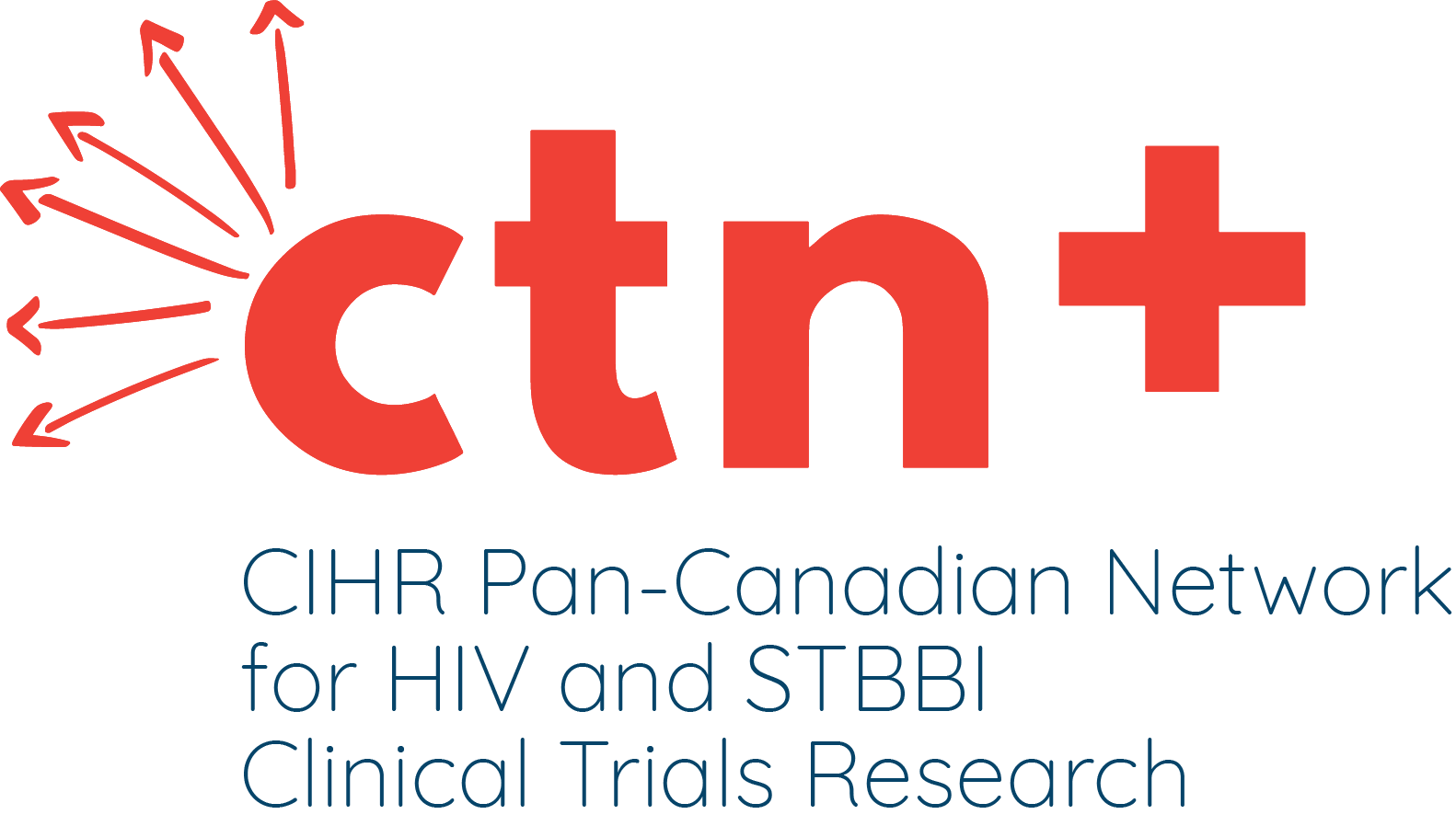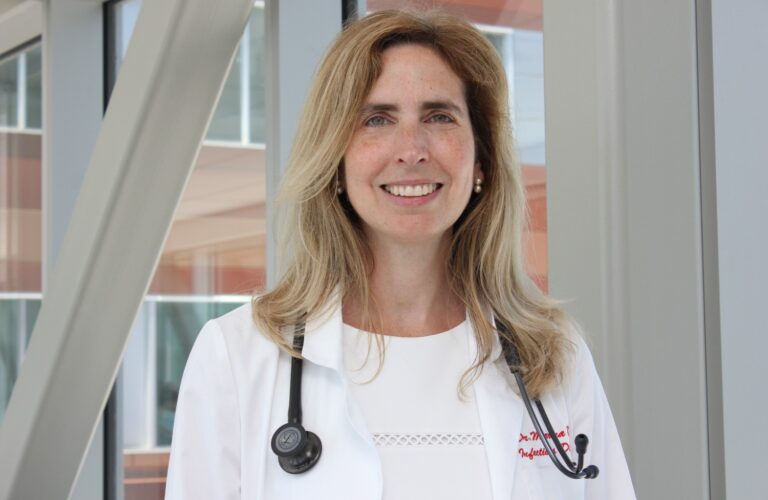April 24–30 is Canadian Infertility Awareness Week. It wasn’t that long ago that people living with HIV faced significant struggles on their journeys to parenthood. While biological infertility may not have been the issue, partner and vertical transmission risk, alongside difficulty accessing fertility care providers, made the reproductive experience difficult for some. But in 2016, the Prevention Access Campaign launched U=U and it changed everything.
Undetectable = Untransmissible

The Undetectable equals Untransmissible (U=U) campaign was developed to raise awareness of a very important fact. People living with HIV who are on effective treatment and have an undetectable viral load cannot sexually transmit HIV. This means that doctors can finally recommend that people living with HIV proceed as normal when pregnancy planning. They can have condomless sex and grow and deliver a baby without the risk of transmission.
“Before the U=U campaign existed, people living with HIV faced a complicated process if they wanted to become biological parents,” said CTN Investigator and Obstetrics/Gynaecology (Ob/Gyn) physician Dr. Mark Yudin. “How could they achieve pregnancy without transmitting the virus or a different strain of the virus? Sometimes this could be done successfully at home through insemination, but other couples needed the help of more specialized services, like fertility clinics. It really medicalized a physiological and natural process.”
Furthermore, many fertility clinics claimed they weren’t equipped to help people living with HIV and a lot of specialized services were not easy to access. In Toronto — the largest city in Canada — there were no clinics available to help couples affected by HIV achieve pregnancy. Instead, they had to travel over two hours to London, Ontario.
“U=U really demedicalized the whole process for people and has alleviated some of the financial, physical, and psychological burden for people living with HIV who want to conceive,” explained Dr. Yudin. “Effective treatment and U=U have made achieving pregnancy and having a family the same process for a couple affected by HIV as it is for a couple not affected.”
While people living with HIV who have an undetectable viral load can safely conceive the same way as those not affected by HIV, they may choose to access slightly different care.
“I have met a lot of people who are going through their second or third pregnancy who were previously cared for by providers who had little or no experience in looking after an expectant person living with HIV,” reflected Dr. Yudin. “They feel more comfortable going through their subsequent pregnancies with a more established and experienced team.”
The Positive Pregnancy Program

To provide holistic and knowledgeable care to people living with HIV who are pregnant, Dr. Yudin co-founded the Positive Pregnancy Program (P3) at St. Michael’s Hospital in Toronto with registered midwife Jay MacGillivray. Since its inception in 2006, P3 have had over 300 pregnancies and almost 350 babies. These days, the program averages 20–30 births per year and sees the largest number of parents-to-be living with HIV of any single site in Canada. In addition to Dr. Yudin and Jay providing care as an Ob/Gyn and midwife, respectfully, P3 includes a full-time nurse and social worker. Together, the team see every single patient and provide services that stretch far beyond care during pregnancy.
“A lot of the people who come to P3 are immigrants or refugees who have needs in addition to HIV and obstetrics care, such as settlement or mental health services. Our social worker is poised to help these people and connect them with the most suitable support,” Dr. Yudin explained. “We also have paediatric partners who we connect pregnant people with, so they can meet the care provider who will look after their baby following birth. And if we learn that an expectant person doesn’t yet have an HIV doctor, we will link them up with someone, such as fellow CTN Investigator Dr. Mona Loutfy, or other providers across the Greater Toronto Area.”
Accessing care
While P3 sounds like a very specialized service, it doesn’t require a referral. Dr. Yudin emphasized that people who want to be cared for under the program just need to pick up the phone and book an appointment. For those who don’t live in the Toronto area, there are other clinics and programs available that offer similar services, such as the Oak Tree Clinic in Vancouver.
But what about people who live in smaller or more remote communities?
“Geography is definitely an important barrier to care,” said Dr. Yudin. This may be especially true for a country as large and sprawling as Canada. Some communities may not have access to an Ob/Gyn, let alone one with experience in HIV. But they still need to be well cared for and made to feel comfortable on their pregnancy journey.
Dr. Yudin emphasized, “If you are a provider who has a person approach you with a condition you are not familiar with, reach out to those who know more. For HIV, you could reach out to members of the Society of Obstetricians and Gynaecologists of Canada’s Infectious Disease Committee. We would never decline a phone call or an email asking for help. We are happy to mentor fellow care providers through a pregnancy if the pregnant person can’t travel to a more specialized provider.”
A positive outlook
We are so fortunate to be living in a time where medical and scientific advances mean that HIV is no longer a death sentence and 21st century technology allows us to spread awareness of vital campaigns, like U=U. In the context of conception, pregnancy, and birth, this is all life-changing. Physicians like Dr. Yudin are now able to spread messages of hope and positivity to people living with HIV who are planning or experiencing pregnancy, ensuring it is the happy occasion it should be.
“If you’re hoping to start a family, my advice is: Good! Go for it! Just remember to optimize your own health first, take your medication so you can reach and maintain an undetectable viral load, and find a care provider who you feel comfortable with.”
—
Resources
- The Canadian HIV Pregnancy Planning Guidelines are a comprehensive document that provides recommendations on HIV pregnancy planning
- CATIE have a selection of resources on U=U and pregnancy
- Local HIV-related or AIDS Service Organizations can often provide more province-specific information






